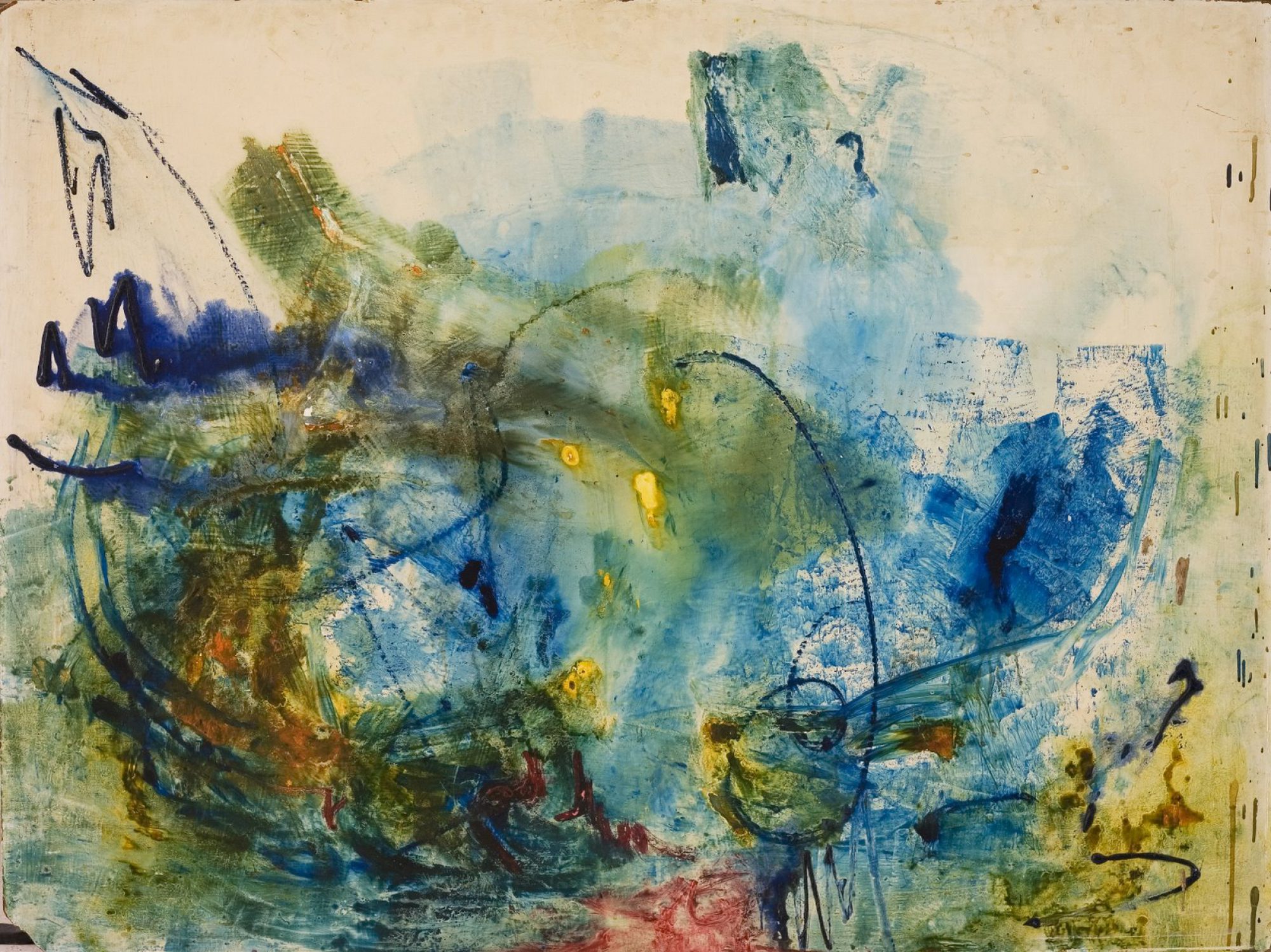There was a refreshing modesty about the Italian violinst Salvatore Accardo and his accompanist Niccolo Parente who played in the Bulawayo City Hall last night – not merely personal reticence, but an avoidance of self-regarding virtuosity and of the precariousness with which many performers draw attention to their sensitivity.
They gave a recital of finesse, perceptiveness and substantial musical common sense. Accardo does not produce a fat tone, but his bowing control, thoughtful phrasing and virtually impeccable intonation, enable him to offer considerable range in tonal and expressive emphasis.
True Innocent
The quality of his musicianship appeared in details like his different treatment of he slow movements of the B flat Mozart sonata K454 and the Schubert G minor sonatina.
Both movements are superficially similar in their use of a quasi-vocal melody line, but there is a world of difference in their implications. The Mozart hints constantly at unspoken emotional depths; the Schubert reveals all on the surface – the wistful song of a true innocent.
Accardo’s veiled tension in the Mozart movement, and his open, pesante tone in the Schubert touched the essence of each. Splendid attack and rhytmich momentum kept the outer movements in both works alive and fresh.
I enjoyed, too, his extrovert account of the Tartini “Devil’s Trill” sonata, a work surprising for its times in its virtuoso display.
Debussy’s violin sonata was the composer’s last work. It is a piece of extraordinary sophistication, and I am not sure that Accardo extracted all he might have from its mercurial brilliance – the reading was slightly strait-laced.
His technical wizardry had a grand showing in Sarasate’s Carmen Fantasy and the Paganini Study he played as an encore.
A word about Niccolo Parente. He is an accompanist of exceptional talent and acumen with his ear constantly alerted to his partner’s lead.

